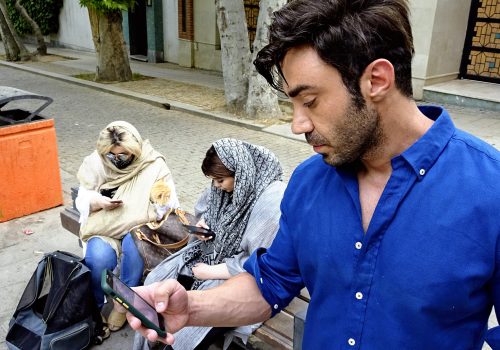As President Biden embarks on his first trip to the Middle East as president, experts are watching closely to see how the visit will shape and define the Biden Administration’s policies in the region.
What will the impact be of US-Saudi engagement, both bilaterally and for the wider Gulf? How will it impact oil prices and supply chain issues? Where does Iran and its relationship with the region fit into the visit? When President Biden goes to Israel and the West Bank, how will Yair Lapid seek to leverage the trip, and how will Netanyahu factor in?
In this press call, Atlantic Council experts weighed in on these questions and more.
A discussion with
William Wechsler
Senior Director, Rafik Hariri Center & Middle East programs, Atlantic Council
Former Deputy Assistant Secretary of Defense for Special Operations and Combatting Terrorism
Ambassador Daniel Shapiro
Distinguished Fellow, Atlantic Council
Former US Ambassador to Israel
Former Senior Director for the Middle East and North Africa, National Security Council
Jonathan Panikoff
Director, Scowcroft Middle East Security Initiative, Atlantic Council
Former Deputy National Intelligence Officer for the Near East
Further reading
Wed, Jul 6, 2022
There’s uncertainty in Israel and within the Palestinian Authority. The US’s stabilizing role is critical more than ever.
MENASource By Ksenia Svetlova
When China and Russia are keen to deepen their influence in the Middle East and American allies in the region are doubtful about the future, it is up to the United States to provide the stability and firmness that is lacking in today’s regional landscape.
Tue, May 24, 2022
The Biden administration needs to do more on Iran. Here’s why.
IranSource By Holly Dagres
Having a consistent, actionable approach to Iran is what the Biden administration needs to stay on course with its human rights agenda. Now is a good place to start.

